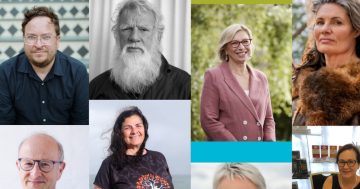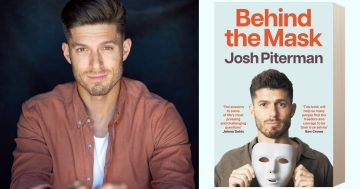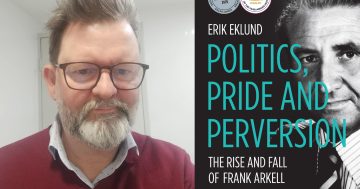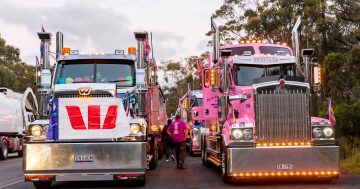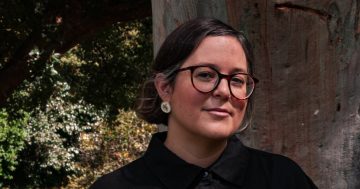
Eda Gunaydin is part of the True Story Festival this weekend. Photo: Paul Jones.
The countdown is on to this year’s True Story Festival, held on Saturday 18 November and Sunday 19 November at the Coledale Community Hall.
The South Coast Writers Centre’s stellar lineup of Australian nonfiction writers brings together memoirs ranging from the humorous to the spiritual, including Turkish Australian writer Eda Gunaydin.
Eda, who grew up in the Sydney western suburb of Blacktown, is a second-generation Turkish Australian whose parents migrated in the late 1980s. She says it was an interesting time to be in Western Sydney.
“When I was born in the early 1990s, the suburb I currently live in – Petersham – was considered to be part of the western suburbs. It was a working-class area,” she said.
“Now it’s considered part of the ‘Inner West’, not Western Sydney at all. As time has passed, the development of Western Sydney has mirrored my own class mobility.
“The area developed economically, bigger houses sprang up, there was more diversity both in class and culture, but at the same time, the area hadn’t shaken off a lot of the stigma that was attached.”
Growing up, Eda and her family spent a lot of time in Auburn, which she says is considered the “heartlands” of the Turkish diaspora.
“I have a lot of fond memories of that place. It was a microcosm of community,” she said.
“I remember there was this video store we used to go to all the time because it was the only way you could keep up with Turkish television series. For a couple of bucks you could rent out these bootleg videos someone had recorded directly off their TV,” she recalled.
“Little things like that characterised growing up in Western Sydney.”
At the same time, she often reflects on how Australia and other Western countries that pride themselves on being very multicultural in fact tend to have significant problems with race and class discrimination.
Eda says she has seen first-hand – particularly post 9/11 and more recently, with the conflict in the Middle East – that racism often focuses on Arab and Turkish people.
“I went to public school in Western Sydney, where I attended Muslim scripture classes. I remember after 9/11, kids in those classes became ostracised and were bullied.
“In Year 5 I remember there was this student who wanted to borrow a book from me, but once he realised I was Muslim, he said ‘I don’t want to touch anything you’ve touched,” she said.
“Those kinds of stories are common, there is nothing surprising in that, except in the context that in this country, we hold ourselves up as being diverse and multicultural. We’re a ‘melting pot’ – but in reality that veils the very real problems Australia has with race.”
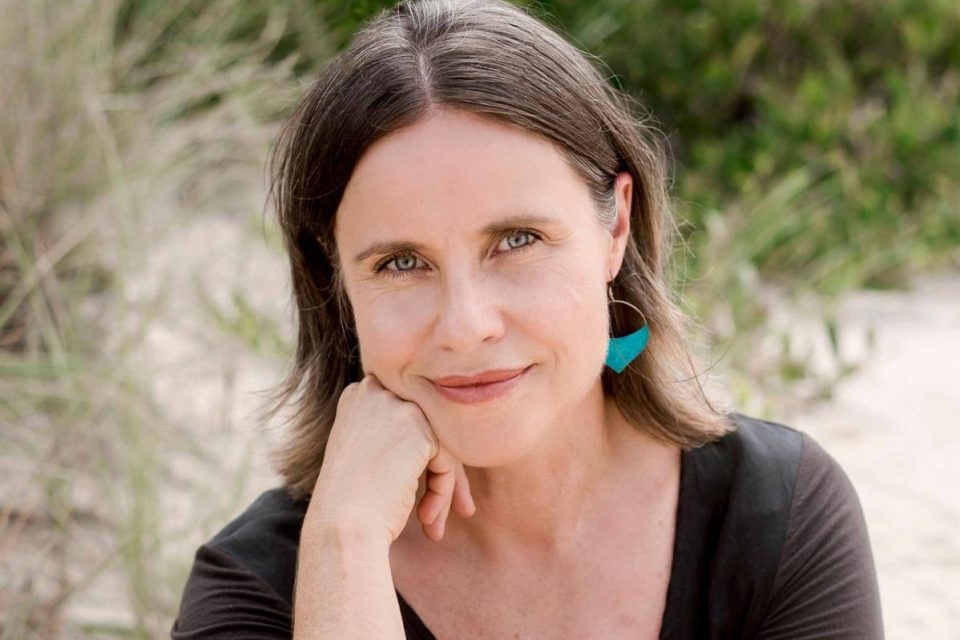
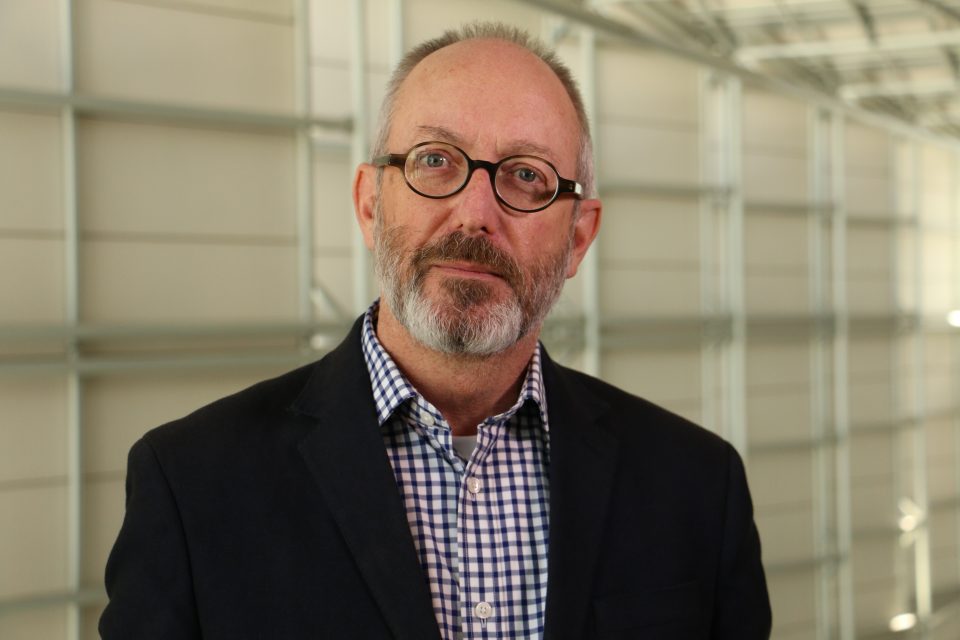
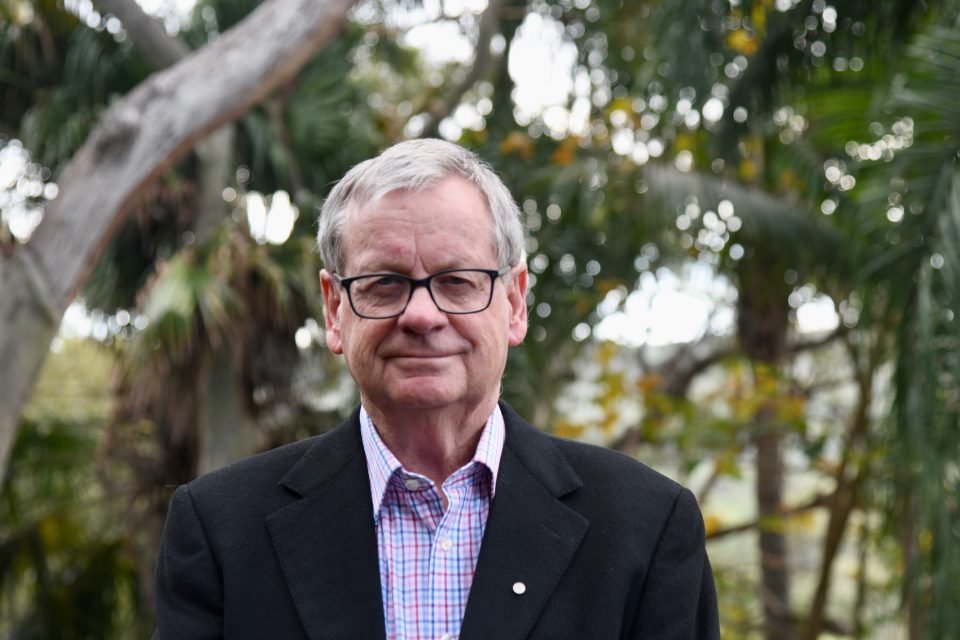
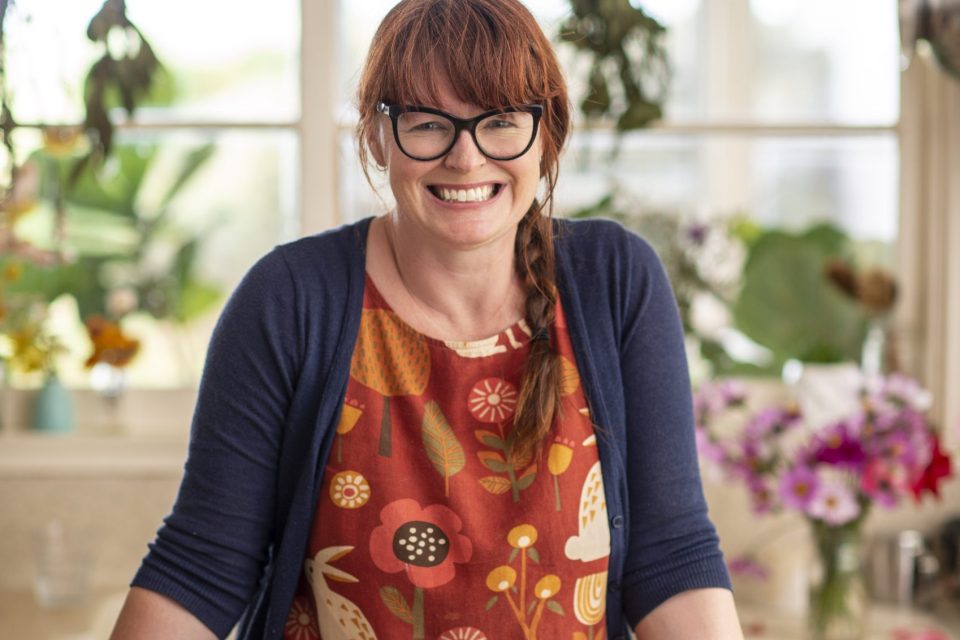
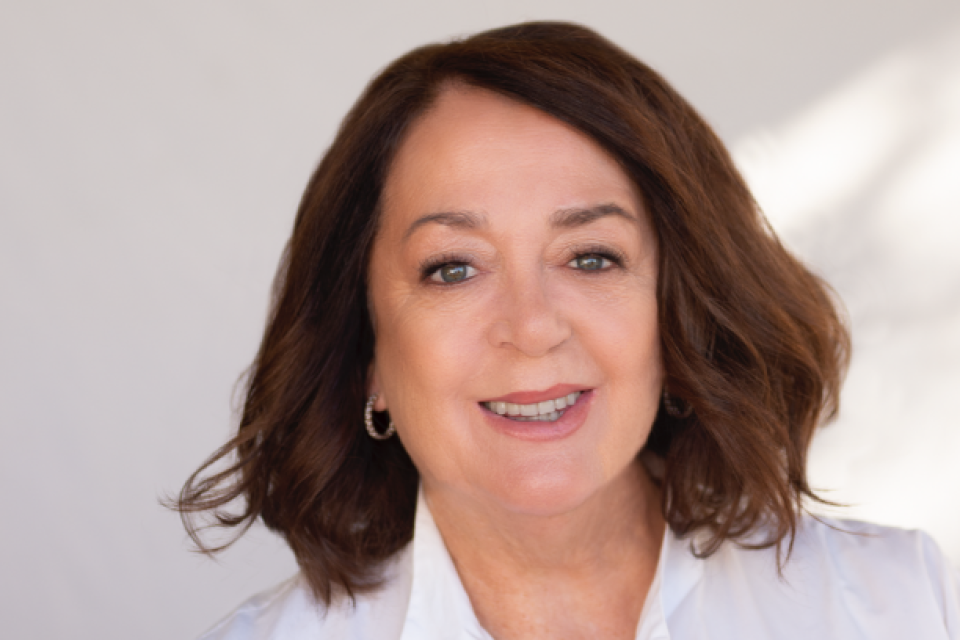
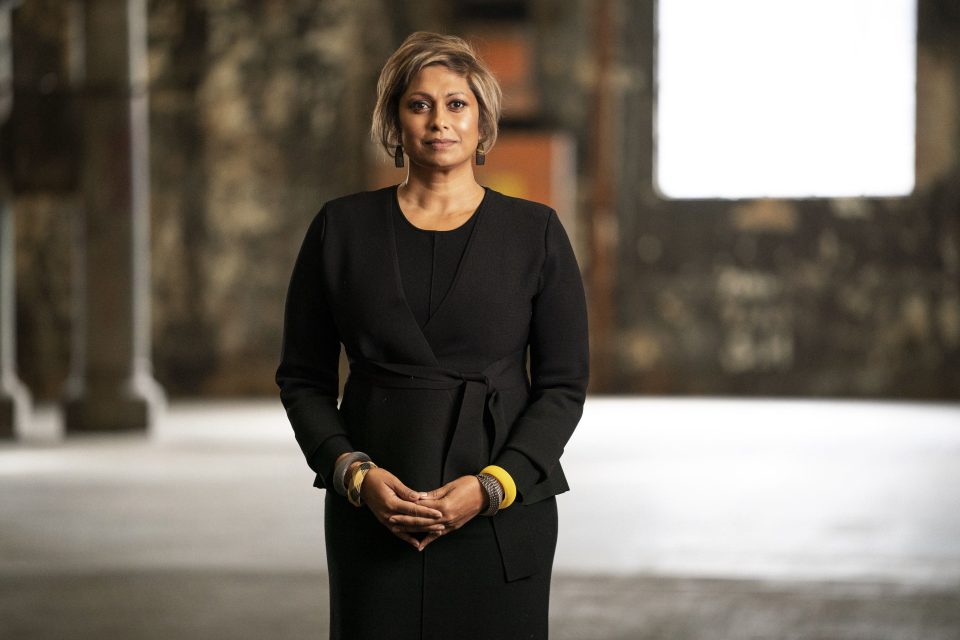
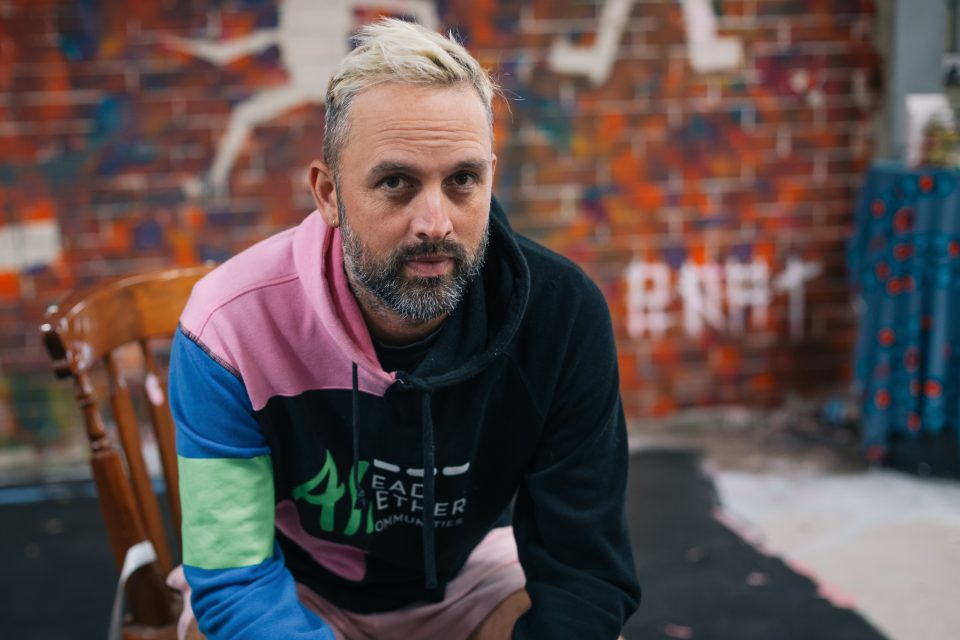
These thoughts and more will be teased out when Eda appears in Sarah Ayoub on a True Stories segment called “Belonging and Other Challenges”. She will discuss her fiery debut collection of essays, Root and Branch, which won the Victorian Premier’s Literary Award.
In it, she combines her memoir with her thoughts on class, capital, inherited trauma and what it means to belong. The book is billed as being bracing, confronting and offering “a powerful insight into often uncomfortable topics”.
It combines Eda’s personal experiences growing up as a second-generation Turkish woman in Western Sydney, going on to study at university, and moving on.
“It’s about my class mobility but at the same time, what went into managing relationships with a family that has a pretty complex backstory,” she said.
“Poverty, gender-based violence, physical and other forms of abuse coloured my upbringing. But the book has a bigger question about belonging. The key question of the book is about how to be here when you have this kind of hyphenated identity.
“It’s for those who only ever know a life where part of you is elsewhere. How do we be here in the legacy of that displacement from your home that pushed your parents to migrate elsewhere?”
Eda said she hoped to bring to light the stories of ordinary people who live on the margins of the Australian discourse.
Her segment will accompany other ideas about community resilience, cultural identity, local media and regional food, Dharawal language and First Nations knowledge sharing, and the courage it takes to become one of our finest investigative journalists.
Other writers in the lineup will include Bronwyn Adcock, who will speak about the aftermath of the Currowan bushfire, Dr Jodi Edwards teaching Dharawal words for food from her most recent book, and Wendy Harmer reflecting on her candid memoir Lies My Mirror Told Me.
There will be appearances from media personalities Alan Sunderland, titan of investigative journalism Chris Masters, Indira Naidoo and many more.
True Story Festival takes place Saturday 18 November and Sunday 19 November at the Coledale Community Hall, 745 Lawrence Hargrave Drive, Coledale.
For tickets, session information and author bios, visit True Story Festival.









